Injuries can happen in an instant. Sometimes they look serious right away, but other times, a pet may seem stable at first—only to develop life-threatening complications hours or even days later.
At Town & Country Animal Hospital, we’re here to guide you through recognizing injuries, understanding when immediate action is necessary, and helping your pet heal safely.
Common Causes of Pet Injuries and First Aid Basics
Car Accidents (Hit-by-Car Injuries)
Common Causes:
- Escaping from home or slipping a leash
- Chasing animals or toys into the road
Signs of Injury:
- Limping, bleeding, bruising, difficulty breathing, signs of shock
Hidden Dangers if You Wait:
Even if your pet can stand or walk, internal bleeding or lung bruising (pulmonary contusions) may not become apparent immediately. A slow bleed can cause a sudden collapse hours or even a day later.
Immediate Actions:
- Keep your pet calm and still
- Minimize movement by using a stretcher or blanket
- Seek immediate veterinary evaluation, even if your pet seems “okay”
Learn more: Emergency Care for Your Pet – ASPCA
Bite Wounds and Animal Fights
Common Causes:
- Dog park altercations
- Wildlife encounters (raccoons, coyotes, stray cats)
Signs of Injury:
- Puncture wounds, swelling, bruising, tenderness, reluctance to move
Hidden Dangers if You Wait:
Bite wounds often cause deep tissue trauma that is not visible on the surface. Punctures can seal over, trapping bacteria inside and leading to painful, dangerous infections and abscess formation within 48–72 hours.
Immediate Actions:
- Gently rinse minor wounds with clean water
- Avoid breaking up fights with bare hands
- Seek veterinary care for any bites or puncture wounds, even if small
Learn more: Bite Wounds in Dogs – AKC
Falls, Sprains, and Broken Bones
Common Causes:
- Jumping off furniture or balconies
- Slippery floors or rough play
Signs of Injury:
- Limping, holding up a limb, swelling, crying, reluctance to bear weight
Hidden Dangers if You Wait:
A simple limp could mask a hairline fracture or torn ligament (such as a cranial cruciate ligament tear). Without early stabilization, your pet may worsen the injury, leading to more complex surgery or chronic arthritis.
Immediate Actions:
- Restrict movement and keep your pet confined
- Apply a cold compress to minimize swelling
- Seek veterinary evaluation promptly
Take a Pet First Aid Class – Red Cross
Poisoning and Toxic Ingestions
Common Toxins:
- Chocolate, grapes, onions, xylitol, antifreeze, rodent poisons
Signs:
- Vomiting, drooling, tremors, seizures, weakness, collapse
Hidden Dangers if You Wait:
Many toxins—especially rodent poisons—cause delayed symptoms. Pets may appear normal for 24–72 hours before developing life-threatening bleeding disorders or kidney failure.
Immediate Actions:
- Call your veterinarian or pet poison control immediately
- Do not wait for symptoms to appear
- Do not induce vomiting unless instructed by a professional
More prevention tips: Preventing Pet Emergencies – UW-Madison Vet Med
Foxtails, Snake Bites, and Outdoor Hazards
Foxtails:
- Sharp plant seeds that burrow into the skin, paws, ears, eyes, or nose
Snake Bites:
- Puncture wounds, swelling, bruising, weakness, collapse
Hidden Dangers if You Wait:
Foxtails can migrate deeper into tissues, causing chronic infections and even reaching vital organs. Snake venom spreads quickly, leading to severe tissue death or shock.
Immediate Actions:
- Keep your pet calm and still
- Limit movement to slow toxin spread
- Seek emergency veterinary care immediately
Foxtail Dangers for Pets – UC Davis Vet Med
Heatstroke
Common Causes:
- Hot cars, prolonged outdoor activity on warm days, lack of shade or water
Signs:
- Heavy panting, red gums, drooling, weakness, collapse, seizures
Hidden Dangers if You Wait:
Heatstroke causes rapid organ failure. Even if your pet seems to recover after cooling down, internal damage to the kidneys, liver, and brain may continue, leading to death hours or days later without veterinary treatment.
Immediate Actions:
- Move to a cool, shaded area
- Apply cool (not cold) water
- Seek emergency veterinary care immediately
Minor Injuries: How to Monitor at Home
For minor scrapes, bruises, or small superficial wounds, home care may be appropriate—but vigilance is critical.
How to Track Minor Injuries:
- Take Photos: Photograph the injury at least daily to document any changes.
- Note Changes: Watch closely for swelling, redness, oozing, or heat, which can indicate infection.
- Set a Timeline: Improvement should be noticeable within 48–72 hours. Any worsening warrants veterinary re-evaluation.
Why Monitoring Matters:
Infections, hidden foreign bodies, or worsening inflammation can develop quickly and may not be obvious initially.
Essential First Aid Tips for Handling Injured Pets
- Stay Calm: Animals take emotional cues from their owners. Staying composed helps them remain calmer.
- Protect Yourself: Injured pets may lash out from pain or fear. Use a towel or create a makeshift muzzle if necessary.
- Safe Transport: Use a blanket, board, or carrier to minimize movement during transport.
Learn about Pet-Proofing and Safety – AAHA
When to Seek Immediate Veterinary Care
Always seek veterinary evaluation if your pet shows any of the following:
- Bleeding that does not stop within 5 minutes
- Severe or worsening pain
- Breathing difficulties
- Seizures, collapse, or loss of consciousness
- Suspected ingestion of toxins
- Swelling that rapidly enlarges
- Wounds involving the chest, abdomen, or deep punctures
Need emergency care? Visit our Town & Country Animal Hospital emergency care information page..
Tips for Preventing Pet Injuries
- Always leash pets when outdoors
- Supervise play and avoid rough or slippery surfaces
- Pet-proof your home to eliminate hazards (toxic plants, cords, medications)
- Train basic obedience to prevent impulsive running or chasing
More safety tips: Preventing Pet Emergencies – UW-Madison Vet Med
Preparedness Saves Lives
Injuries may look minor—but what you cannot see can be far more dangerous. Acting promptly, even when your pet seems “fine,” can prevent silent complications, speed up recovery, and sometimes even save their life.
If you are ever unsure, it’s always better to seek veterinary advice early.
If you notice any injury or worrying symptoms, contact Town & Country Animal Hospital immediately.
Your quick thinking and partnership with our veterinary team can make all the difference.

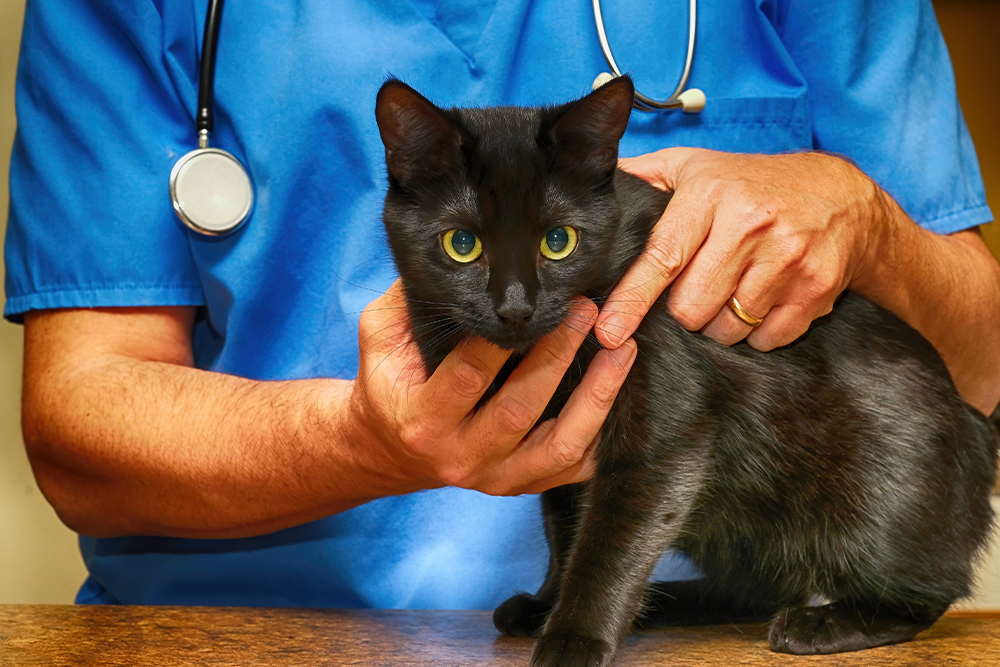
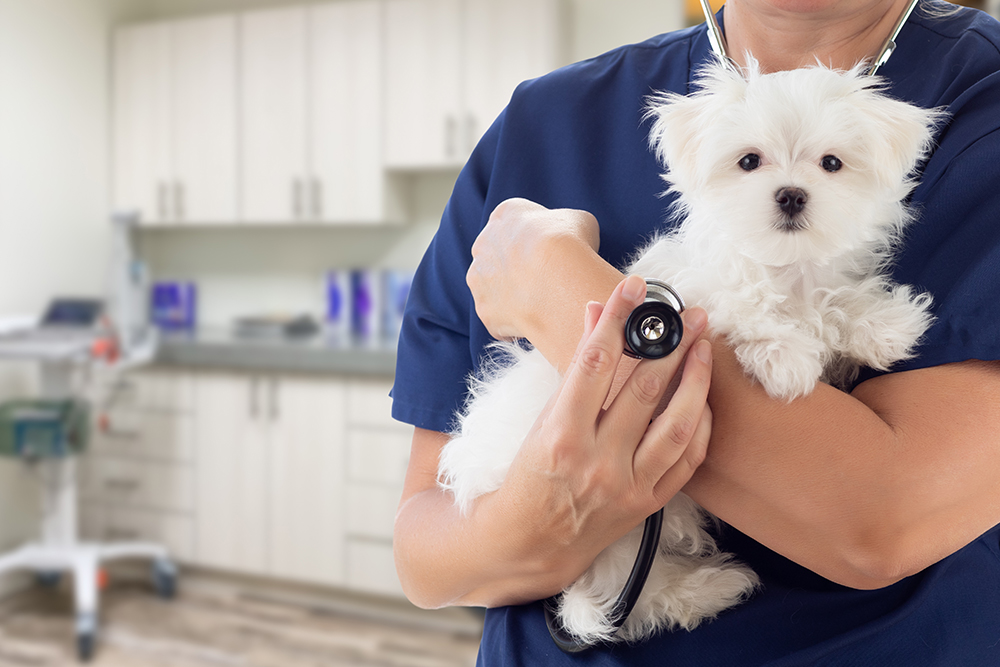
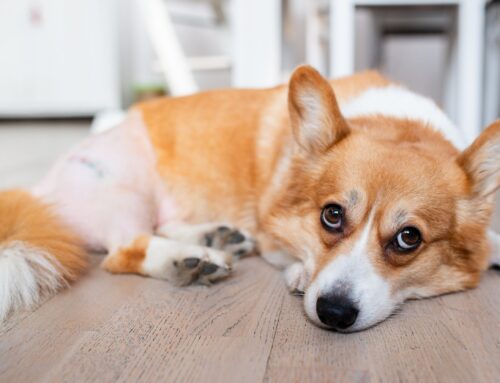
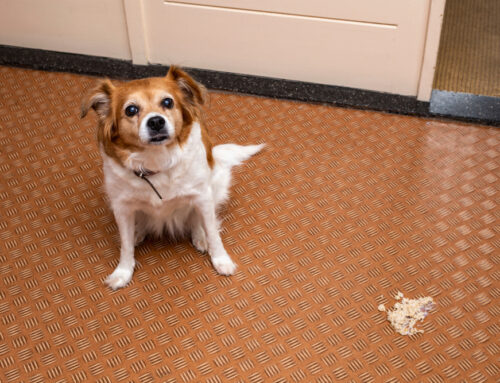
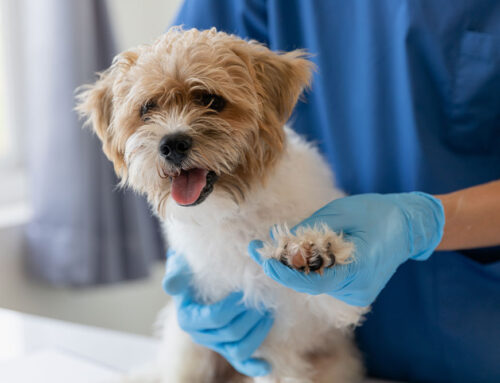


Leave A Comment